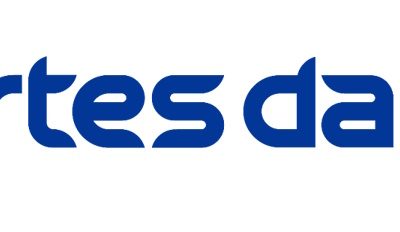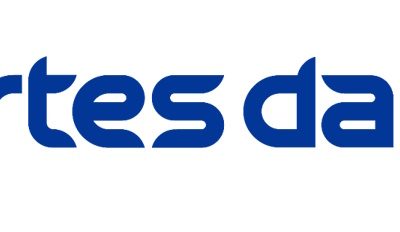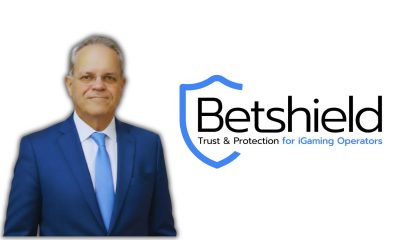Compliance Updates
Entrust and PlaySafe ID Partner to Bring Verified, Privacy-First Digital Identity to Gaming
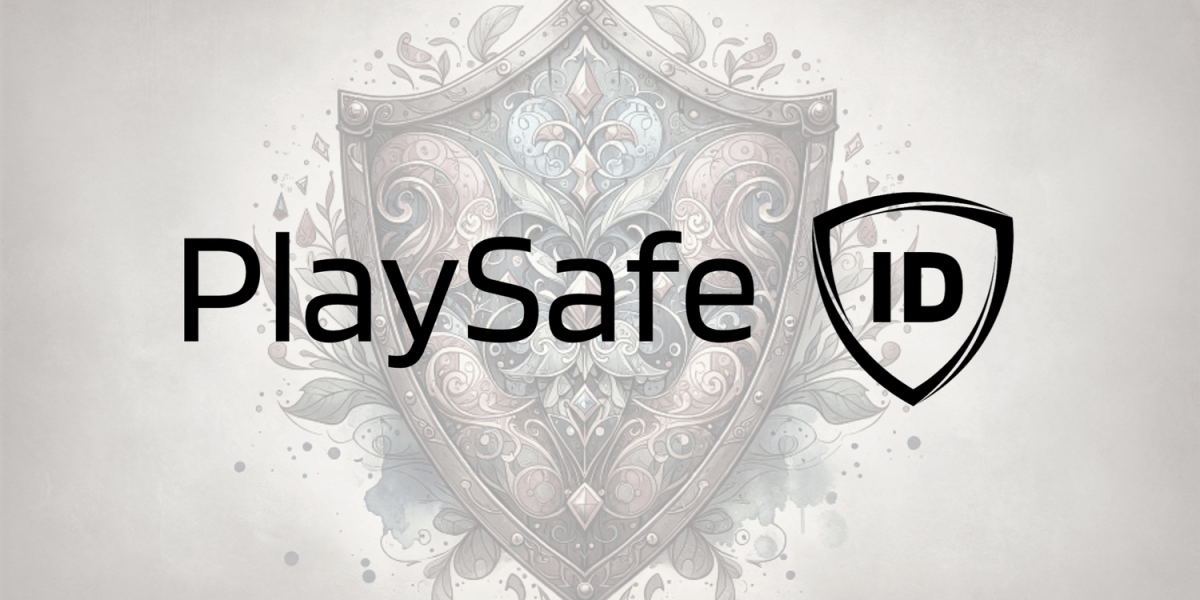
-
Entrust and PlaySafe ID announce a new partnership to enhance online gaming safety.
-
Integration of Entrust Identity Verification solution provides seamless and secure Know Your Customer check.
-
Playsafe ID platform aims to combat cheating, bots and harmful behaviour, while supporting compliance with the UK Online Safety Act’s Protection of Children Codes.
Entrust, a global leader in identity-centric security solutions, today announced a partnership with PlaySafe ID, the platform that keeps cheaters, bots, and predators out of games. The partnership will power Playsafe ID’s secure onboarding and verification process using Entrust Identity Verification to enable seamless and secure onboarding experience for gamers worldwide.
Built with a privacy-first mindset, Playsafe ID issues a verified, game-agnostic digital ID that confirms the human identity behind the account promoting accountability and improved protection for users, while still allowing them to remain anonymised. The platform aims to address wider issues that erode trust and enjoyment in online gaming communities, such as cheating, hacking, bot activity, and inappropriate behaviour, while ensuring compliance with evolving regulations such as the UK’s Online Safety Act.
How It Works
Users create a Playsafe ID account and complete a quick and secure identity verification process powered by Entrust. Users simply take a photo of their government-issued ID and a short video selfie. Entrust identity verification first checks that the ID is genuine and not fraudulent and then matches it to the user’s face in the selfie video. This ensures the person presenting the identity is its legitimate owner and is physically present, mitigating identity fraud attempts such as stolen ID or deepfakes.
Once verified, users receive a unique, random, and anonymised PlaySafe ID, granting access to PlaySafe-protected gaming and matchmaking with other verified gamers. The verification data is kept separate from the Playsafe ID, ensuring gamers remain anonymised during gameplay while knowing they are engaging with other legitimate, verified players.
“Gaming should be fun, fair, and safe for everyone,” said Andrew Wailes, CEO of PlaySafe ID. “Our partnership with Entrust ensures that our user verification process is both secure and scalable, and also aligns with the values of frictionless user experience and privacy. Their technology will be instrumental in helping us build a future where fair play is the standard, and cheating, fraud and harmful behaviour are no longer tolerated.”
Regulation in Gaming
This partnership will enable game providers and developers to prepare for the inbound Protection of Children Codes, coming into force in July 2025 as part of the Online Safety Act, which mandates that services accessed by children must manage risks and protect children from encountering harmful content.
“We’re proud to join PlaySafe ID in their mission to make online gaming a safer place,” said Samuel Steg, Head of Compliance for Identity Verification at Entrust. “Fraudulent activity online continues to grow both in scope and sophistication, and gaming environments are no exception. Our identity verification technology provides robust, high-assurance Know Your Customer (KYC) checks, offering gamers a seamless and secure onboarding experience. This partnership reflects our shared commitment to building a safer digital future and promoting trust, fairness, and safety within digital spaces.”
PlaySafe ID is currently in integration discussions with several major gaming platforms, with the first partnerships expected to launch later this year.
The post Entrust and PlaySafe ID Partner to Bring Verified, Privacy-First Digital Identity to Gaming appeared first on European Gaming Industry News.
Compliance Updates
The legal view: DCMS ban on unlicensed sponsorships

Legal commentary from Richard Bradley, partner at licensing law firm Poppleston Allen, on the most recent news from Lisa Nandy & co.
While the news that the DCMS is launching a consultation this spring on unlicensed operators’ sponsorship of sport teams in the UK may initially seem possible to have a negative impact on advertising revenue for clubs, it actually may provide fuller opportunity for British licensees to step in as sponsors.
The unlicensed sector is not necessarily illegal – if customers in the UK cannot access those websites – however, there are easy bypasses such as a VPN to do so, which takes revenue away from British operators.
Another benefit of the proposed ban is that it provides assurance for customers in the UK that marketing of gambling products via sponsorship is only for those appropriately licensed operators who are subject to the UK’s stringent regulatory standards.
This is also about customer protection as if legal advertising is only of British licensed products, there will be operational safeguards for players in GB, such as social responsibility controls and contractual protections. With the unlicensed sector, there is no guarantee of these sorts of vital player protections.
Finally, the proposed ban also provides tacit support for the licensed gambling industry in the UK and could assist in countering the black market.
The post The legal view: DCMS ban on unlicensed sponsorships appeared first on Eastern European Gaming | Global iGaming & Tech Intelligence Hub.
Compliance Updates
UK Government to Ban Unlicensed Gambling Firms from Sponsoring British Sports

The UK Government is consulting on a proposed ban that would prevent unlicensed gambling companies from sponsoring UK sports teams, a move designed to protect consumers from unregulated operators.
The ministers are deeply concerned about the dangers posed by the unlicensed gambling market, which has been linked to organised crime. Unlicensed operators do not adhere to laws and guidelines designed to protect customers, including mandatory financial vulnerability checks, responsible advertising and fair terms. They often lack data protections, leaving customers vulnerable to fraud and identity theft.
The government’s new consultation on sports sponsorship, to be launched this Spring, will mitigate the risks associated with the illegal market, and help eliminate unfair competition for properly regulated firms.
Culture Secretary Lisa Nandy said: “When placing a bet on the big match, fans deserve to know the sites they’re using are properly regulated, with the right protections in place.
“It’s not right that unlicensed gambling operators can sponsor some of our biggest football clubs, raising their profile and potentially drawing fans towards sites that don’t meet our regulatory standards.”
The new measures would mean gambling companies without a UK licence would be restricted from entering into any sponsorship arrangements with sports clubs, including in the Premier League, where a number of clubs currently carry sponsorship from operators not licensed in Great Britain.
Gambling Minister Baroness Twycross said: “We know the real harm that unregulated gambling can cause, exploiting vulnerable people and leaving consumers without the protections they deserve.
“This consultation, alongside the work of our Illegal Gambling Taskforce, shows how seriously this government is taking the issue. We will not hesitate to act where we see people being put at risk.”
This consultation forms part of the government’s separate, wider work to address concerns around gambling. Last month, the government launched an Illegal Gambling Taskforce, bringing together major companies including Google, Mastercard, TikTok and Visa alongside law enforcement and gambling bodies to tackle illegal gambling.
The post UK Government to Ban Unlicensed Gambling Firms from Sponsoring British Sports appeared first on Eastern European Gaming | Global iGaming & Tech Intelligence Hub.
Compliance Updates
Mindway AI Achieves SOC 2 Type 2 Certification
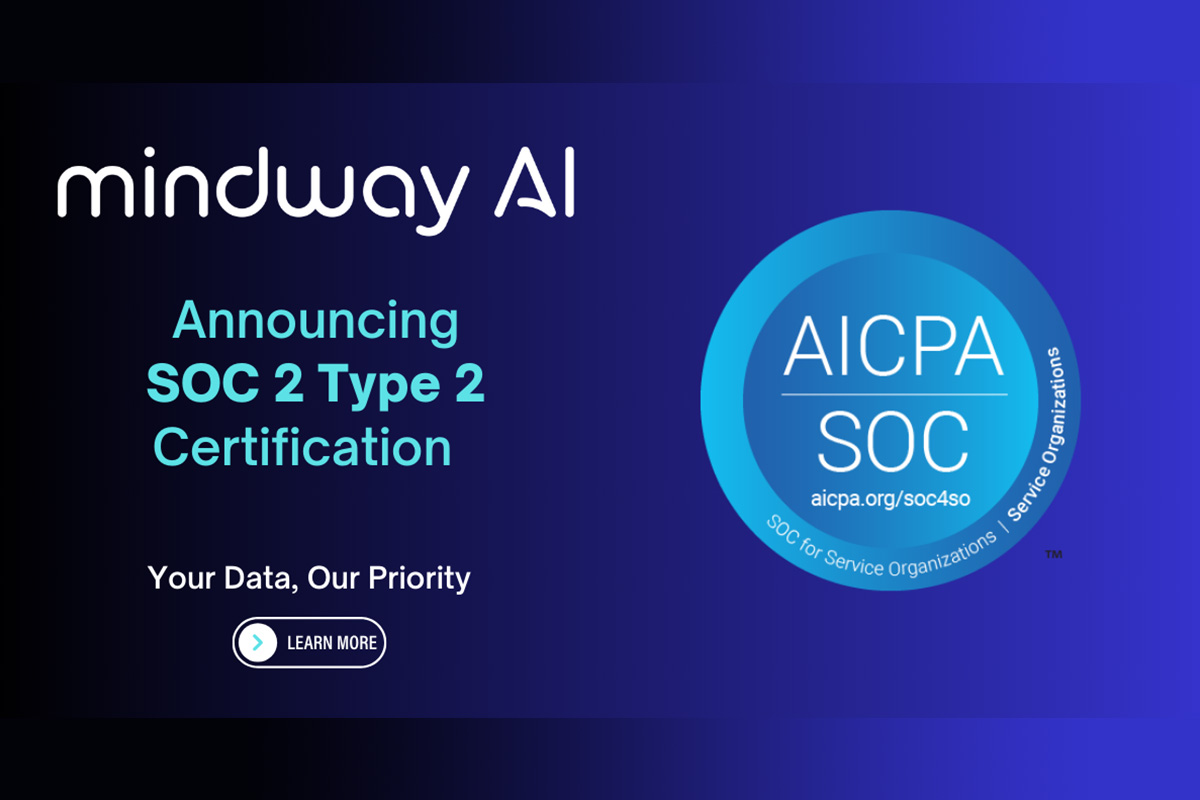
Mindway AI, a leader in player protection solutions, has announced the attainment of SOC 2 Type 2 certification, further bolstering its commitment to data security and privacy. Combined with its existing ISO 27001 certification, Mindway AI now offers an exceptional security framework, committed to safeguarding client information.
ISO 27001 certification has previously ensured that Mindway AI maintains a robust, continuously improving framework for managing information security risks. Now, with the addition of the SOC 2 certification, Mindway AI not only meets but exceeds industry standards for security, availability and confidentiality. Developed by the American Institute of Certified Public Accountants (AICPA), SOC 2 is an esteemed standard, particularly valued by U.S. and enterprise clients, making it a critical component in procurement processes.
“Achieving SOC 2 Type 2 certification alongside ISO 27001 significantly strengthens our security posture. SOC 2 Type 2 provides independent and ongoing verification of our operations, particularly in North America, assuring clients that their data is managed with the highest care and security standards globally. This new certification is another step forward of many that our business will take to continuously improve standards in player protection solutions,” said Rasmus Kjaergaard, CEO at Mindway AI.
The post Mindway AI Achieves SOC 2 Type 2 Certification appeared first on Eastern European Gaming | Global iGaming & Tech Intelligence Hub.
-

 Blueprint Gaming6 days ago
Blueprint Gaming6 days agoBlueprint Gaming unleashes Frankenstein’s Fortune blending dynamic modifiers with multi-path bonus offering
-

 Compliance Updates7 days ago
Compliance Updates7 days agoHow to Apply for a Finnish iGaming License: Gaming in Finland Webinar on Application Steps and Technical Standards
-

 Big Daddy Gaming7 days ago
Big Daddy Gaming7 days agoBig Daddy Gaming® Expands European Footprint After MGA Licence Approval
-

 Latest News4 days ago
Latest News4 days agoGGBET UA hosts Media Game – an open FC Dynamo Kyiv training session with journalists from sports publications
-

 Compliance Updates6 days ago
Compliance Updates6 days agoMGA Publishes Results of Thematic Review on Self-exclusion Practices in Online Gaming Sector
-

 Amusnet6 days ago
Amusnet6 days agoAmusnet Unveils Casino Engineering and Technology Milestones Achieved in 2025
-

 Brais Pena Chief Strategy Officer at Easygo7 days ago
Brais Pena Chief Strategy Officer at Easygo7 days agoStake Goes Live in Denmark Following Five-Year Licence Approval
-

 Dan Brown6 days ago
Dan Brown6 days agoGames Global and Foxium return to the Colosseum in Rome Fight for Gold the Tiger’s Rage™





